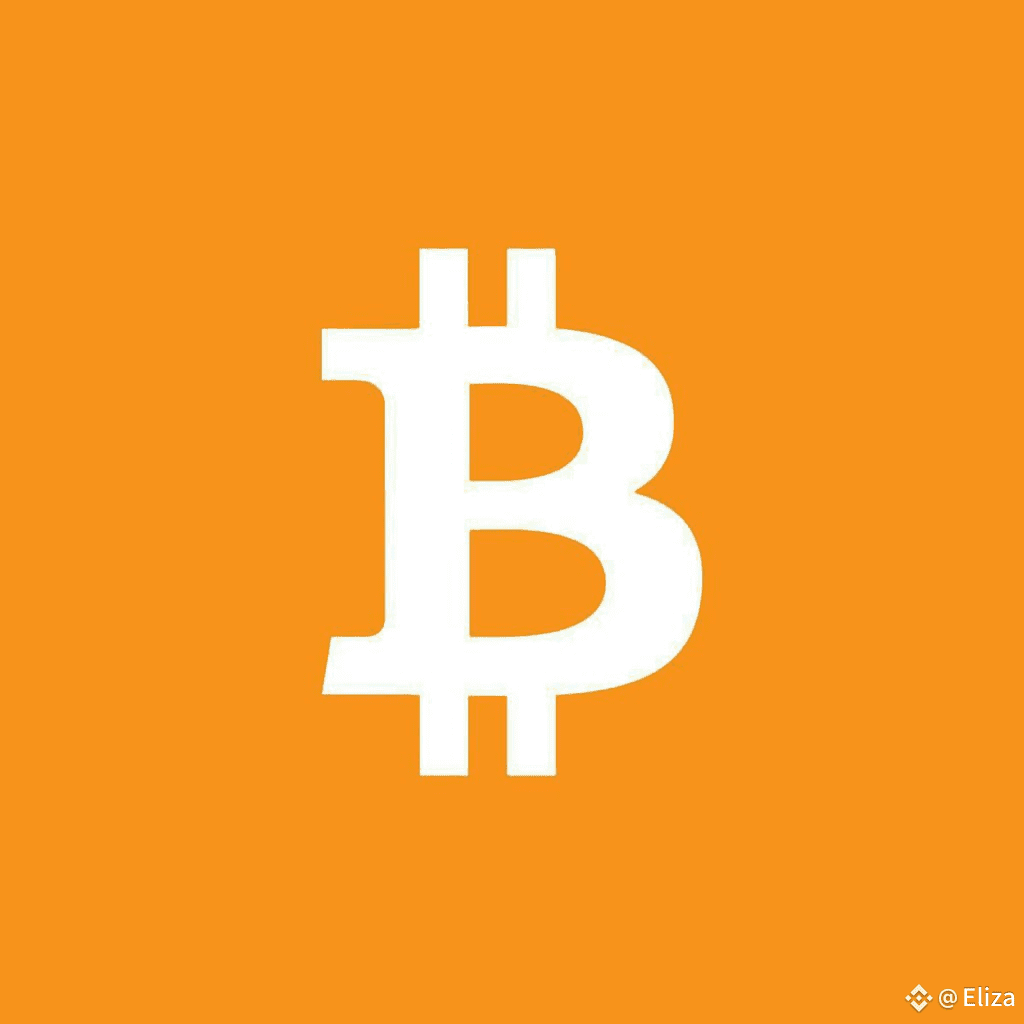In a groundbreaking statement, Deutsche Bank — managing over $1.1 trillion in assets — has projected that by 2030, central banks around the world will be holding Bitcoin as part of their official reserves.

This is not just another bullish prediction — it signals a paradigm shift in global finance. For decades, gold has been the cornerstone of central bank reserves. But as Bitcoin continues to prove itself as a decentralized, scarce, and borderless store of value, major financial institutions now see it as an inevitable addition to the balance sheets of nations.
Why this matters:
🌍 Legitimization on a global scale — Central banks embracing BTC means it will no longer be seen as a speculative asset, but as a core pillar of monetary policy.
💰 Trillions in potential inflows — Even a small allocation (1–5%) from global central bank reserves into Bitcoin could unleash massive demand.
🏦 The new digital gold — With its fixed supply of 21 million, Bitcoin offers an inflation hedge that fiat currencies simply cannot match.
If Deutsche Bank’s forecast holds true, the next decade could see Bitcoin transition from a “people’s money” into a sovereign-level reserve asset, cementing its role as one of the most important financial innovations in history.
🚀 The countdown to 2030 has already begun… and central banks might soon be competing with individuals and institutions to secure their share of Bitcoin.


